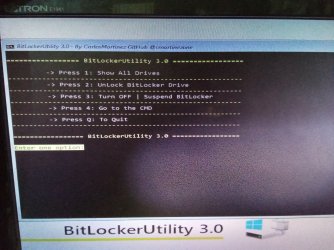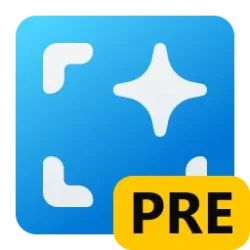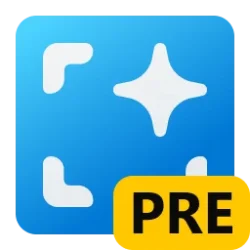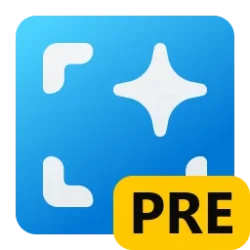@hsehestedt I have encrypted the laptop ssd now, all good.
When I started the process for the External backup drive it just goes straight to "Use a Password to Unlock the Drive" rather than giving the option to "save the recovery key" ?
Am I missing something or is this standard behaviour for external Hard Drives?
When I started the process for the External backup drive it just goes straight to "Use a Password to Unlock the Drive" rather than giving the option to "save the recovery key" ?
Am I missing something or is this standard behaviour for external Hard Drives?
Last edited:
My Computer
System One
-
- OS
- Windows 11 Pro






